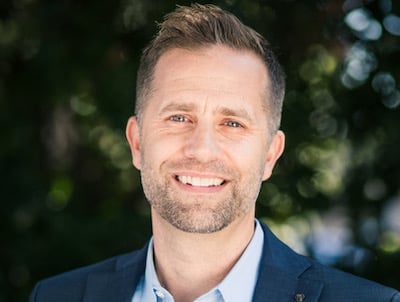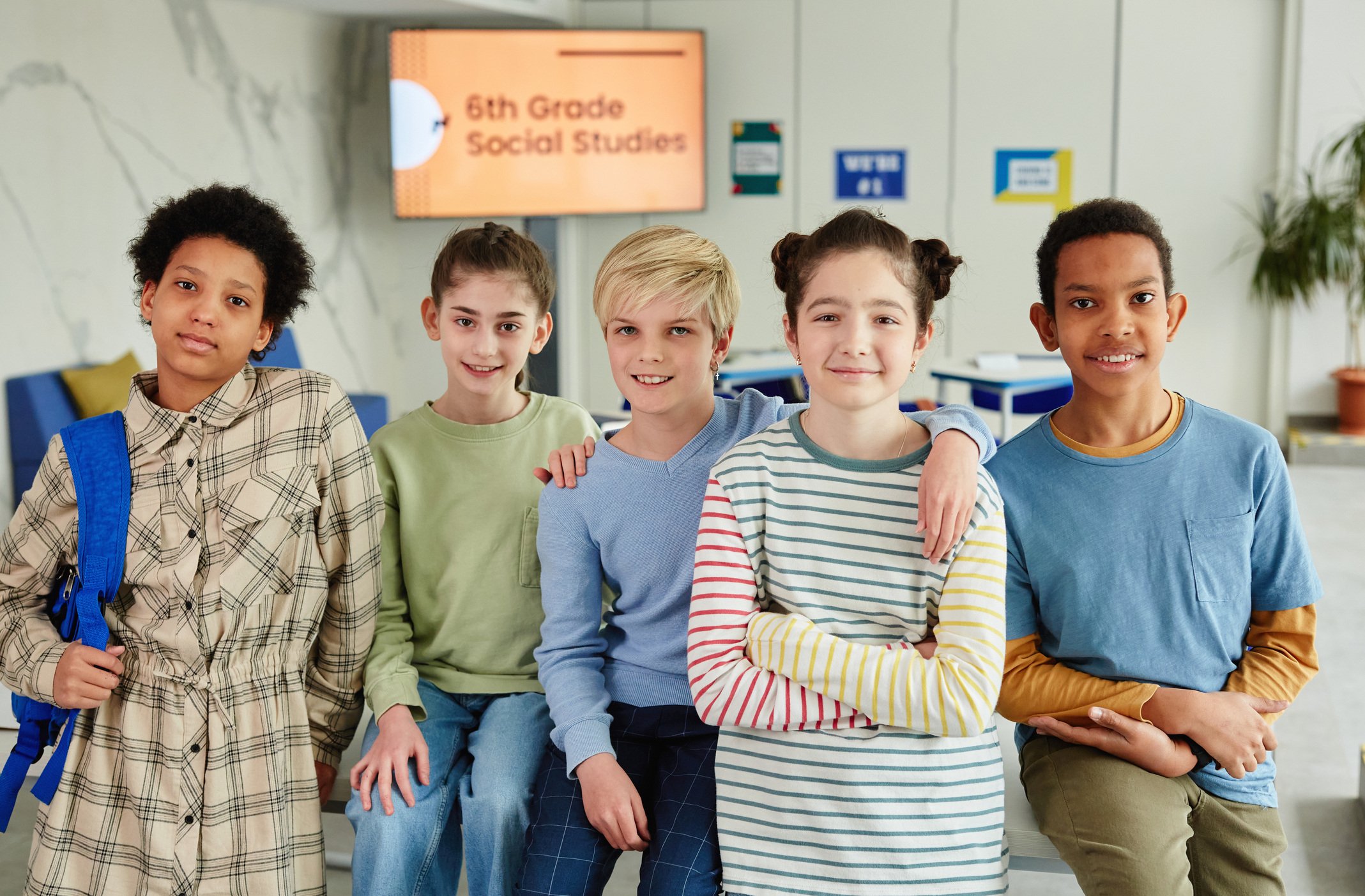Blog
The Role of Relationships in Transforming Youth Thriving
At Search Institute, we believe that thriving youth are the foundation of thriving communities. Yet far too often, the systems that surround young people, including schools, community programs, public services, and more, are built around outcomes rather than relationships. If we are serious about transforming youth thriving, we must start with what decades of research and experience make clear: relationships are the active ingredient in positive youth development.
As we reflect on more than a decade of advancing the science and practice of Developmental Relationships, it is clear that relationships not only enhance individual well-being, they are also the most scalable lever for system-level change. When relationships are intentionally embedded across the ecosystems that serve youth, they can drive the kind of cultural and structural transformation that allows each and every young person to flourish.
Moving from Programmatic Focus to Ecosystem-Level Change
Our 2025 State of Developmental Relationships report underscores this truth: every positive developmental outcome is shaped by relationships, whether it is identity development, resilience, purpose, or community contribution. However, too many youth-serving systems still focus primarily on transactional supports rather than relational cultures.
At Search Institute, we champion a shift from isolated interventions to whole-ecosystem transformation. Imagine a world where every touchpoint in a young person’s life—from classrooms to afterschool programs to community outreach—reinforces a relational culture rooted in care, trust, and shared power. This is not about adding more to overburdened systems; it is about redesigning those systems with relationships at the core.
Why Relationships Matter at the System Level
Relationships are often seen as supplemental, unmeasurable, or individual-level factors. In reality, they are among the most powerful and scalable drivers of youth thriving. Our research shows that strong Developmental Relationships significantly increase character strengths, social-emotional competencies, and even classroom climates. They also build social capital—the webs of support that open doors to opportunities that young people might not otherwise access.
When individuals invest in building a relational ecosystem, they create ripples. When communities commit together, those ripples become waves—powerful enough to transform the environments surrounding young people:
- Youth agency and belonging grow stronger.
- Adult mindsets shift from control to partnership.
- Communities become more equitable and inclusive.
- Every touchpoint in a young person’s life becomes more responsive to their lived realities.
At the same time, we must also acknowledge a new and growing reality: AI is increasingly shaping the lives of young people including how they seek out connection. Many are turning to AI for companionship, raising urgent questions about its impact on their social and emotional development and the nature of belonging in a digital age. As with all human development, the story is complex. But one thing is clear: we must be even more intentional about creating unmistakable experiences of human connection. Every young person deserves opportunities to have their inherent value known, nurtured and activated in ways that no generative AI can replicate.
Relationships Must Be Measured and Cultivated
One of the key insights from our work is that measuring relationships matters. Too often, systems rely on proxies like attendance or test scores while missing the deeper relational dynamics that drive those outcomes. By helping organizations assess both the presence and the quality of Developmental Relationships through tools like our Developmental Relationships Survey and Relational Culture Checkup, we equip them to intentionally cultivate environments where youth thrive.
This is about more than metrics. It is about creating cultures of continuous relational learning and growth.
Collaboration is the Catalyst for Change
No single organization, leader, or program can transform a system alone. Collaboration is essential. At Search Institute, we work hand-in-hand with educators, youth workers, researchers, funders, and community partners to co-create solutions that are grounded in both research and lived experience.
Together, we are building a relational movement:
- In communities like Bexar County, TX, through partnerships like Excel Beyond the Bell.
- In schools reimagining classroom climates and leadership structures.
- In community-based organizations amplifying youth voice and agency.
As one practitioner told us: “It’s a shared experience and we’re all out here doing what we can to help serve our community’s youth.”
A Vision for Thriving Youth and Thriving Communities
Our refreshed mission and brand are anchored in this vision: a world where each and every young person is connected to the relationships and opportunities that nurture their capacity to grow, contribute, and thrive.
But this vision demands that we continue to evolve. It calls us to:
- Disrupt deficit-based narratives.
- Center youth voice and strengths.
- Equipping schools, programs, and communities to align systems and policies to relational principles.
- Bridge research and practice in ways that drive measurable change.
As I often remind our team and partners: it is impossible for any one adult to be all things to all youth, but as a community, we can.
The Path Ahead
The world our youth will inherit is dynamic and uncertain. But one thing remains constant: relationships are the foundation upon which hope, resilience, and thriving are built.
Our call to action is clear: transforming youth thriving starts with transforming relationships, across the systems of support for young people.
At Search Institute, we are committed to this work, not just as an idea, but as a movement. We invite all who care about the well-being of young people to join us:
- School Leaders and Educators: cultivate school- and classroom-wide environments where relationships come first.
- Programs and Coalitions: co-create spaces of belonging and empowerment.
- Policymakers: prioritize relational practices in funding and accountability.
- Funders: invest in the infrastructure of relational ecosystems.
- Community Leaders: champion a culture where every young person feels seen, heard, and valued.
Together, we can create the conditions where thriving is not the exception, but the norm. Because when youth thrive, we all thrive.






